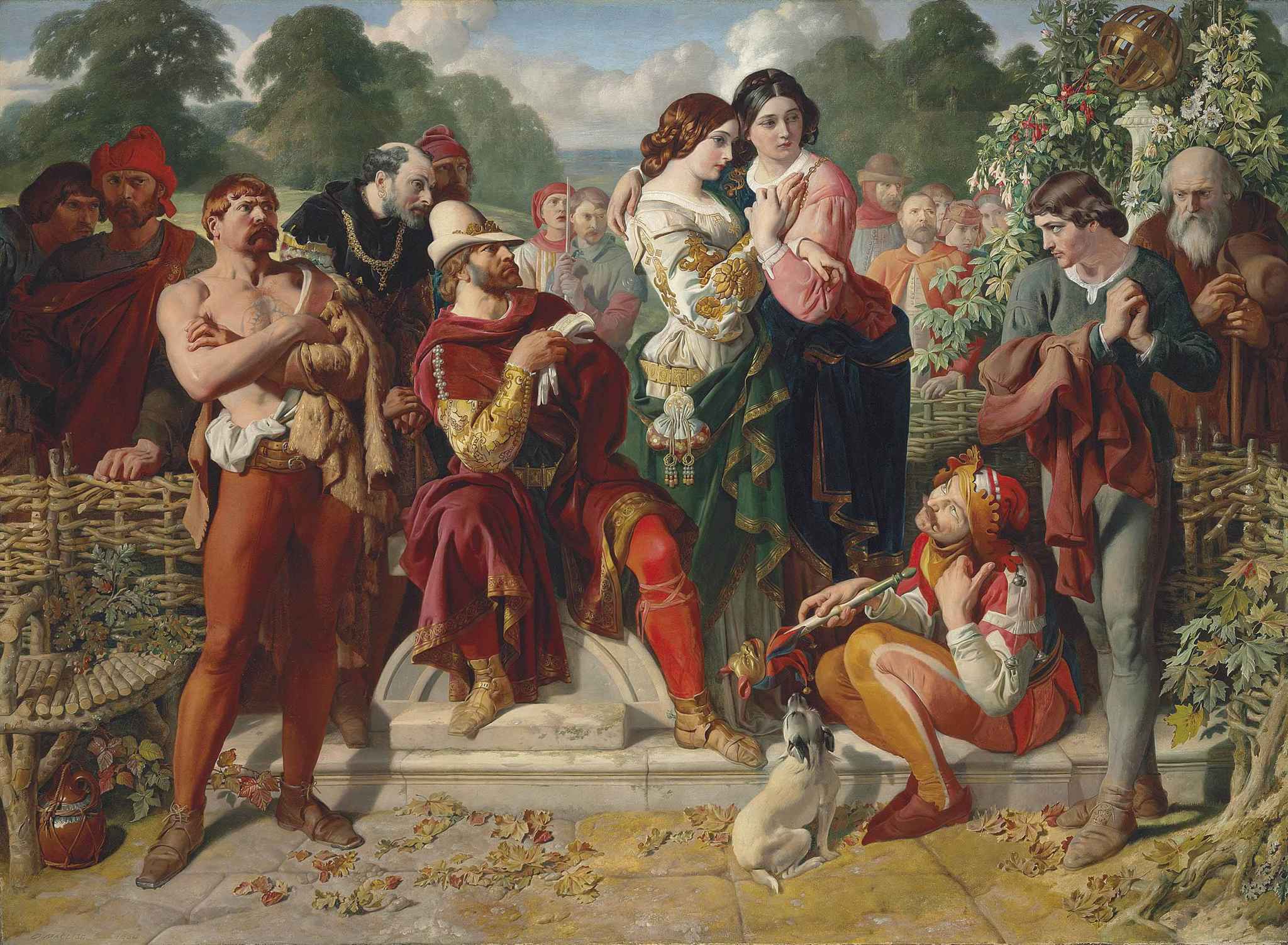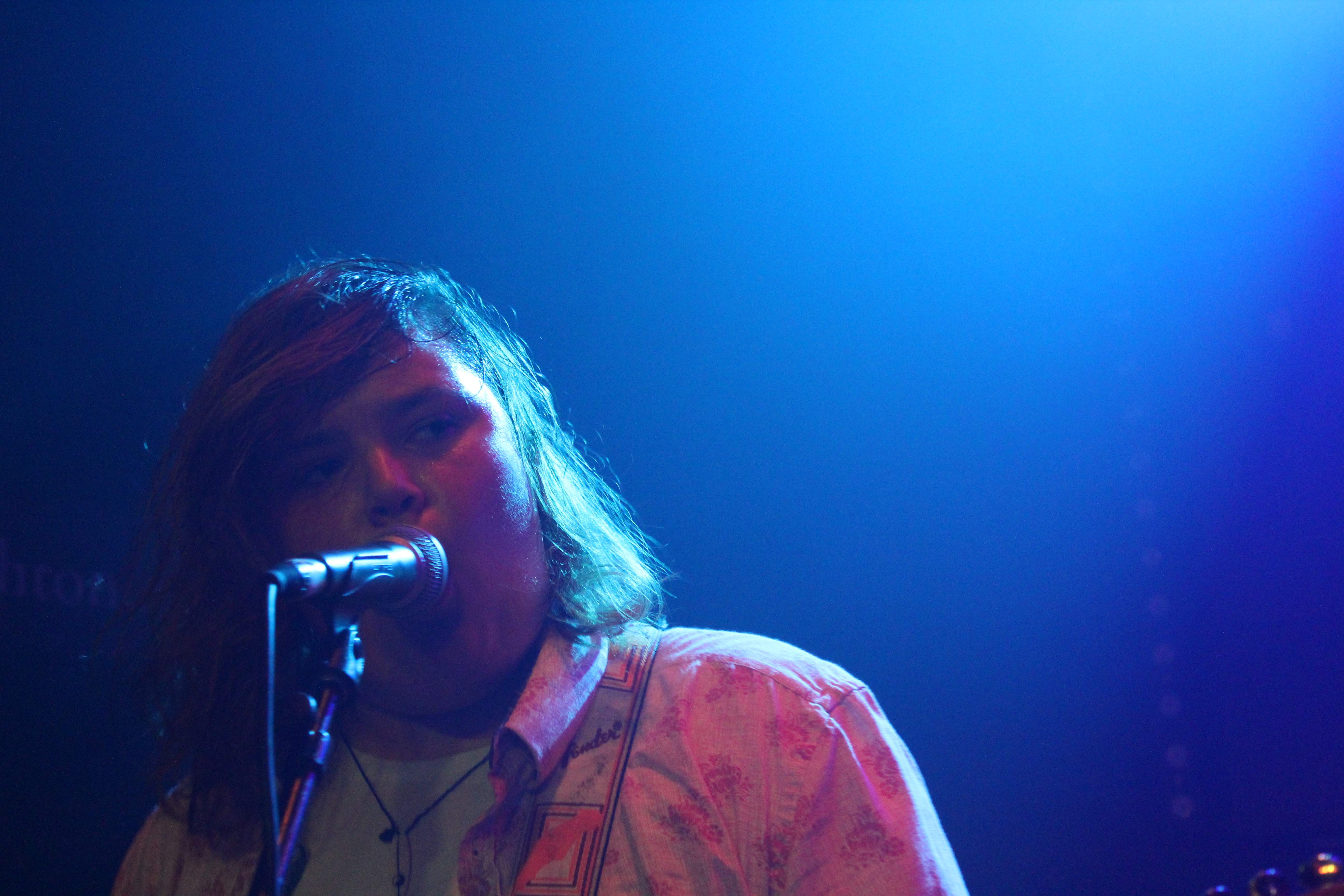Tragedy. Farce. Stage fright. The language of traditional theatre is threaded through our everyday vocabulary. You may not have ever stepped foot in a theatre, but you know what it means to break the fourth wall or to tell someone “break a leg”, even if you don’t know where those phrases come from.
Any A Level Literature or Philosophy student will tell you the language we use shapes the reality around us. Theatricality itself is often synonymous with exaggeration and excess – as such we understand our world with hyper-intensity of emotion and expression. We fear being upstaged by our peers, or having them steal our limelight. We are nervous to take our turn when there has been a tough act to follow. When something is bad, it is not simply bad: it is a tragedy.
Even as contemporary theatre becomes more naturalistic, or alternatively takes on different and more nuanced forms of expression, our language has stagnated in a time of melodrama and commedia dell’arte. From this, we observe the people around us as tropes – giving way to the trend stereotyping – usually associated with heroes, villains or clowns. We also have a great sense of importance for our own personal arc.
Whether its virtue signalling or simply someone appearing “fake”, we as a society are quick to criticise others for being performative. Excessive make-up, hair extensions and outlandish outfits all get tied up in these kinds of accusations because they are all elements of traditional costume. But if we accept the notion that people can be performative in life, it begs the question when are we not performative?
Philosopher Judith Butler takes the concept of performativity to explain the persistence of gender, understanding it primarily as an often unconscious repetition of socially constructed behaviour to adhere to a specific role. One might argue every piece of our daily behaviour – at least in a social environment – is in some way performative.
One of our most ambiguous and commonly used verbs – to act – is linguistically connected to theatrical behaviour. When a child is misbehaving they are acting up. When one decides they have done enough thinking and instead must act, they could be referring to any number of physical activities. If we do something – anything – physically, we are automatically capable of drawing that link between what is performative and what is real.
Our language of theatre also shapes the structured way within which we observe time and things. Sometimes, we see ourselves in the spotlight; at others we are waiting in the wings. In social situations we recognise “that’s your cue” or joke that “that’s my cue to leave”. Those who behave as some higher power dictates without question are puppets.
In some way we are all subtly aware of how our conception of theatre shapes our reality, and yet modern society demands we find precise distinctions between truth and untruth. We can dismiss a person for being showy or information as just a story, and still we insist – even in the most serious of instances – that the show must go on.






I’d never noticed how many idioms had sprung from the stage before! I think the notion of ‘personal arcs’ is fascinating: I tend to think of it as ascribing narrative and purpose to one’s lives, e.g. what is meant to be will be, not getting this job will lead to better things, this relationship ending is a good thing in the long run, etc. This sentiment is so pervasive that I’m often seen as some sort of radical amongst friends for not believing that everything happens for a reason. Even disregarding the teleological argument, many people describe life as a journey with lessons learned and so on, which might make sense in a lot of ways but again adheres to what I consider general film/tv/book norms of character progress and a narrative structure.
It reminds me of the notion of ‘locus of control’ too, which I understand in simple terms to mean something like “the extent to which one believes one has an influence on the outcome of things in their lives”. I took Sartre to heart as a teen so I feel that our actions are all there is really, but a lot of people act as if life is something that just happens to them and they flow with it, for better or worse. I’m not sure if that is the same as your higher power following puppets, but there might be some similarities.